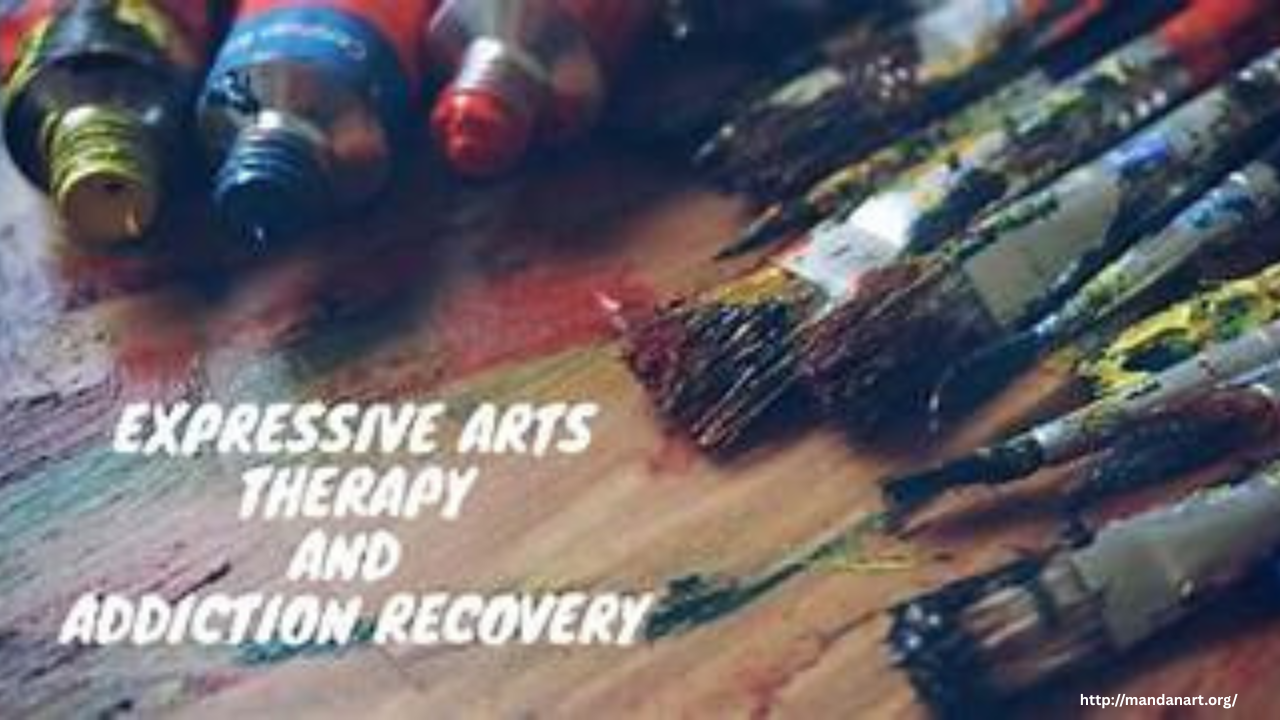Addiction can feel like an unbreakable chain, binding individuals to destructive behaviors and emotions. The road to recovery is often long and challenging, requiring both personal commitment and effective therapeutic interventions. While traditional recovery methods such as counseling and medication provide essential support, art therapy is increasingly being recognized as a powerful tool in the healing process. By using creative expression, art therapy offers recovering addicts a way to confront their past, process difficult emotions, and begin building a new life, free from the chains of addiction.
The Healing Power of Art Therapy
Art therapy is a unique approach that integrates the creative process of making art with psychological healing. For individuals in addiction recovery, art provides a non-verbal outlet for expressing complex emotions that may be difficult to articulate. Whether it’s through painting, drawing, sculpting, or other forms of creative expression, art allows individuals to externalize their inner struggles in a way that is both therapeutic and constructive.
What makes art therapy so effective in addiction recovery is its ability to tap into the subconscious mind. Trauma, unresolved emotions, and the underlying causes of addiction are often buried deep within the unconscious. Art therapy provides a way to bring these hidden feelings to the surface, allowing individuals to process them safely and productively.
How Art Therapy Helps in Recovery
-
Emotional Release: Addiction often stems from unresolved emotional pain, whether it’s trauma, grief, or anxiety. Art therapy allows individuals to express these painful emotions in a healthy, constructive way. By creating art, they can release pent-up feelings, which can be a crucial step in breaking the cycle of addiction.
-
Self-Reflection and Insight: One of the most powerful aspects of art therapy is its ability to promote self-reflection. Through the creative process, individuals in recovery can explore their emotions and thought patterns, gaining insights into the root causes of their addiction. This self-awareness is essential for personal growth and can lead to lasting change in their behavior and mindset.
-
Mindfulness and Stress Reduction: Creating art is a mindful activity that encourages individuals to focus on the present moment. This shift in focus from the past or future to the act of creation helps reduce stress and anxiety. Mindfulness is an important tool in addiction recovery, as it allows individuals to break free from negative thought patterns and cravings, fostering a sense of peace and emotional stability.
-
Rebuilding Self-Esteem and Confidence: Addiction often leaves individuals feeling powerless and disconnected from their sense of self-worth. Through art therapy, individuals are encouraged to express their creativity, which helps rebuild their confidence. By creating something tangible, individuals gain a sense of accomplishment, reminding them that they are capable of positive change.
-
Developing Healthy Coping Mechanisms: Art therapy teaches individuals how to manage their emotions and stress in healthier ways. Instead of turning to substances to cope with difficult feelings, recovering addicts can turn to their art. Over time, creating art becomes a valuable coping tool that supports long-term sobriety.
Art Therapy in Treatment Programs
Many rehabilitation centers now incorporate art therapy as part of their treatment programs, recognizing the significant role it can play in addiction recovery. Group art therapy sessions, in particular, foster a sense of community, allowing individuals to connect with others who understand their struggles. Sharing artwork and stories helps build trust, support, and empathy among participants, which are essential components of a successful recovery journey.
Conclusion
Breaking free from addiction is a difficult and deeply personal journey, but with the right tools, it is possible to overcome the chains that bind. Art therapy offers a powerful and transformative way to heal, helping recovering addicts release emotions, gain insight, and develop healthier coping strategies. Through creative expression, individuals in recovery can rebuild their lives, one brushstroke at a time, and embrace a future of hope and lasting sobriety.
